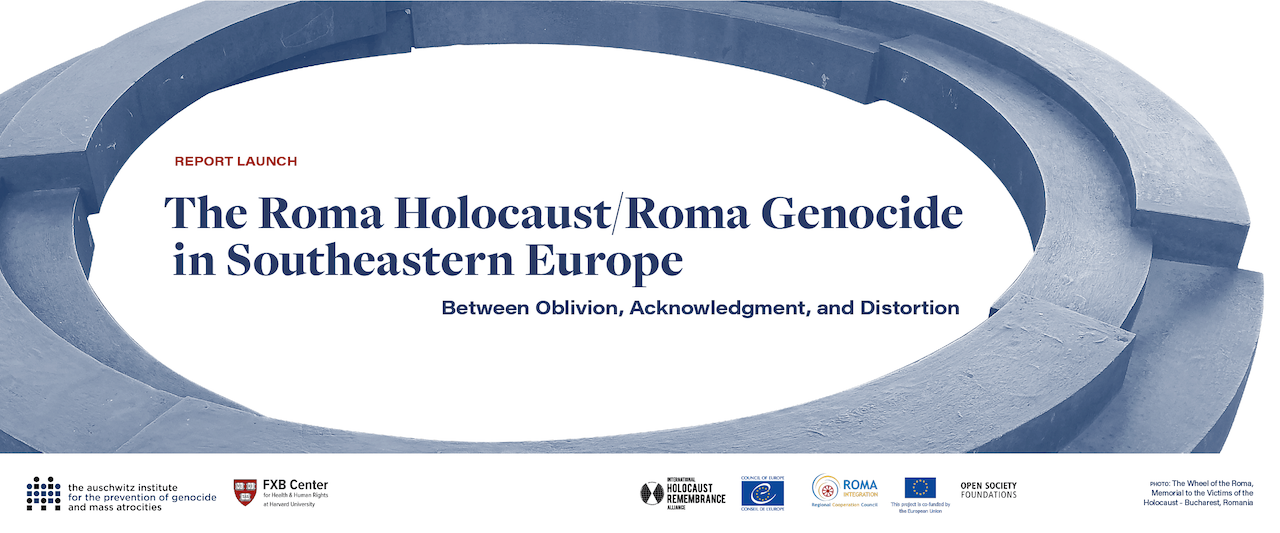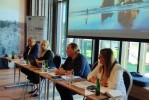The Roma Holocaust/Roma Genocide in Southeastern Europe Research Report Launching Event held yesterday
- 01 Jun 2022
- News

The Roma Holocaust/Roma Genocide in Southeastrn Europe
Launch of the regional research report, The Roma Holocaust/Roma Genocide in Southeastern Europe: Between Oblivion, Acknowledgment, and Distortion took place yesteday, online, in a form of webinar. This event marks the conclusion of a month of events dedicated to the Roma resistance and the memory of Roma victims and survivors of the Holocaust.
„Combating antigypsyism and discrimination, is a key area of intervention envisaged with the EU Framework, with the core focus on combating antigypsyism manifested in all spheres of life, including media. In the EU enlargement region relevant institutions rarely tackle antigypsyism and the legislation does not recognize this as a specific form of racism or discrimination. The Poznan Declaration calls for establishing dedicated departments on discrimination against Roma in the existing equality bodies, which do not exist at the moment. For us at the RCC, this research produces knowledge that will enable policymakers and other government officials to prevent discrimination and marginalization, by creating historically informed policies, educational initiatives, and enhance public discourse“, said Orhan USEIN, Regional Cooperation Council Roma Integration Head of Office at the event opening.
The report is the result of a year-long research project – Countering Distortion of the Genocide of the Roma in Southeastern Europe – A Key Element for Developing Anti-Racism Strategies and Anti-Discrimination Policies and Practices – carried out by the Auschwitz Institute for the Prevention of Genocide and Mass Atrocities in partnership with the François-Xavier Bagnoud Center for Health and Human Rights at Harvard University, with the support of the International Holocaust Remembrance Alliance - IHRA, the Council of Europe/ Directorate of Anti-Discrimination - Roma and Travellers Team, and the Regional Cooperation Council, Roma Integration project.
Implemented in Albania, Bosnia and Herzegovina, Bulgaria, Croatia, Greece, Kosovo*, Montenegro, North Macedonia, Romania, Serbia, and Slovenia, the research report, assesses the current level of knowledge regarding the Roma Holocaust/ Roma Genocide in the public sphere and maps patterns of denial and distortion and their perpetuation over decades. The report also provides relevant stakeholders with knowledge and recommendations to develop historically informed anti-discrimination initiatives and measures to counteract distortion and prevent racial discrimination and identity-based violence.






